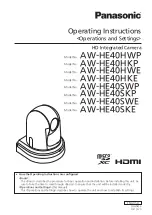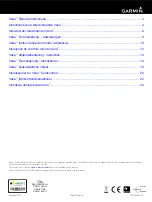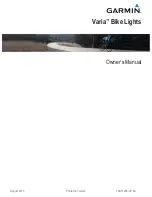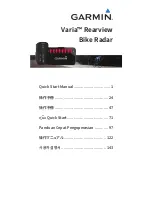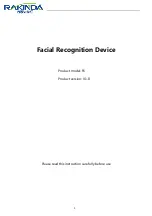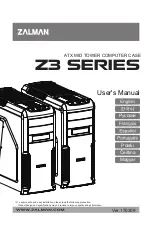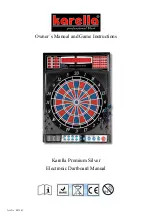
EN 39
En
Q5:
How should the Case be handled after use?
A5:
After use, take out the camera as soon as possible and wash the
Case with pure water. In case of use in the ocean, it is effective to
immerse the Case for a certain time in pure water to remove any
salt. Operate the buttons and levers under water to turn the shafts
and wash off any salt. After washing, use a dry cloth without any
salt on it to wipe off any moisture and dry the Case in the shade.
Do not use hot air from a hair dryer or the like and do not dry the
Case under direct sunlight. Exposure to high temperature or direct
sunlight may cause deformation, discoloration or breakage of the
Case and deterioration of the O-ring. Wipe the inside of the Case
with a soft cloth not causing any fibers. Remove the O-ring, wipe
off any salt, sand, dust, etc., and also clean the O-ring groove and
the O-ring contact surface in the same way and then dry them.
When an object with a sharp tip is used to remove the O-ring from
the groove, the O-ring may be damaged and water leakage may
occur. Always use the O-ring remover provided.
Q6:
How should I take pictures under water?
A6:
Please observe the following items for shooting under water.
1
Fix the protector with the hand strap provided to your wrist.
2
When you place a finger onto the lens window, the finger will
appear in the photo. Pay attention to the position of your fingers
when holding the Case.
3
Hold the Case securely with both hands and press the shutter
lever gently to prevent camera shake.
4
Check the image you want to shoot by viewing the digital
camera’s LCD monitor through the Case’s LCD monitor window,
and start shooting. In order to avoid losing shutter chances due
to an exhausted battery, you should always replace a battery
with a fully charged battery before each dive.
Q7:
How can I check for water leakage?
A7:
For confirmation, perform the advance test and the final test after
loading the camera. The advance test with immersing the Case
without the camera to the intended use depth to check for water
leakage is the most accurate test, but when this is difficult, it is safer
to perform this test even at a depth of 1 m or in a bathtub. The final
test also can be performed in a bathtub or a bucket.
PT037_EN.book Page 39 Monday, August 6, 2007 10:48 AM




















